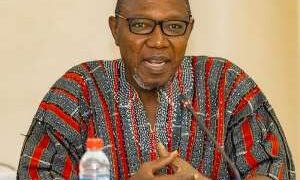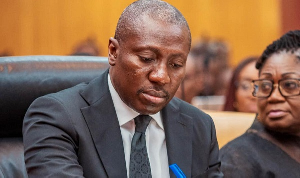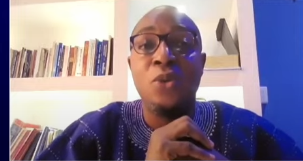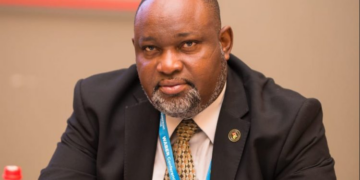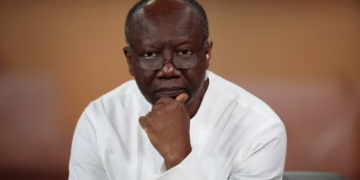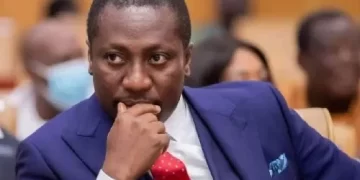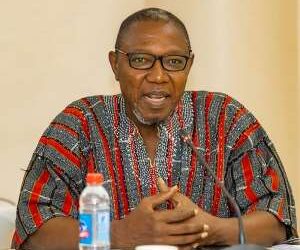The Bank of Ghana (BoG) has once more defended its decision to finance the budget post-Covid-19, claiming that doing otherwise would have signaled the end of the economy.
Prior to Covid-19, the Central Bank had a policy of not supporting the budget between 2015 and 2020.
It changed, though, immediately following COVID-19, when the government was having trouble raising enough revenue.
Director of Research at the Bank of Ghana, Dr. Philip Abradu-Otoo, stated that the Bank of Ghana had no choice but to save the economy from collapsing in his remarks at the University of Ghana’s 75th Anniversary Public Lecture on “Ghana’s Economy; The need for Paradigm Shift.”
“So the Central Bank’s point of view, we realised we needed an economy to protect. So there were choices that had to be made, should we allow the economy to collapse or we should stick strictly to issues of fiscal dominance and then who picks up the pieces after the economy has collapsed”.
“But that financing that we did in 2022 went mainly to deal with investors; domestic investors whose bonds had matured and government needed to pay these bonds and for which government had no resources”, he explained further.
In order to safeguard the financial sector, the Bank of Ghana intervened as a lender of last resort, as it always does, according to Dr. Abradu-Otoo.
“Hundred per cent of that amount [BoG financing] was due to domestic bonds that had matured for which we had to step in to save these domestic investors. And that is where this fiscal dominance issue came in”.
“So yes, it came in but we did that to save domestic investors”, he concluded.
SOURCE: MYJOYONLINE

